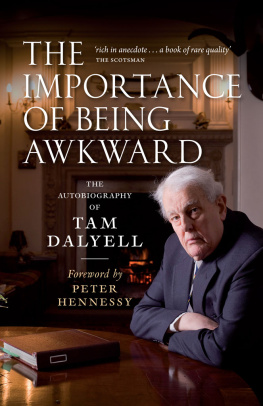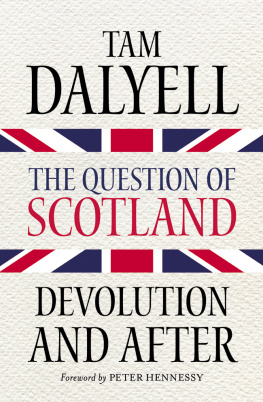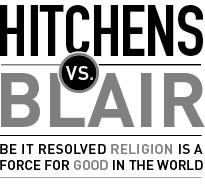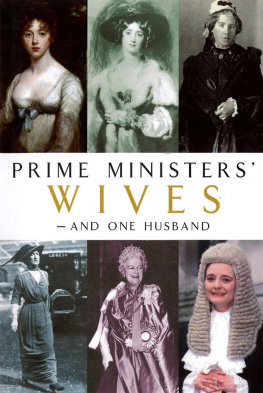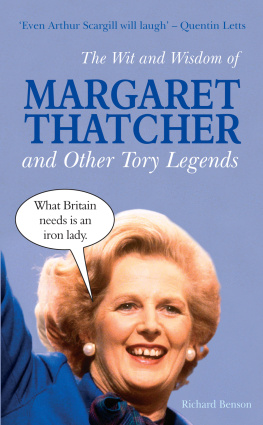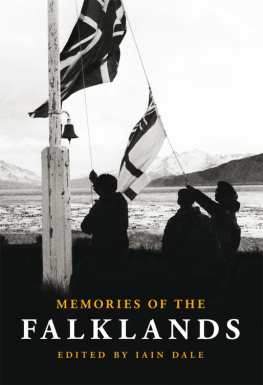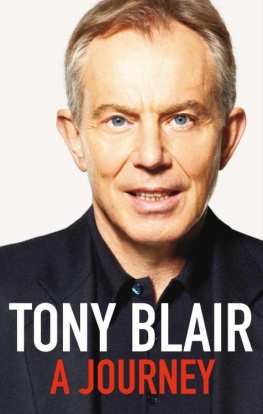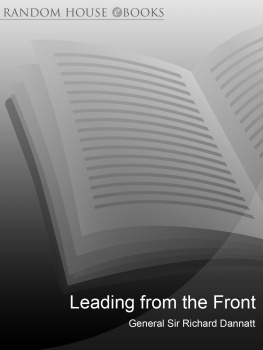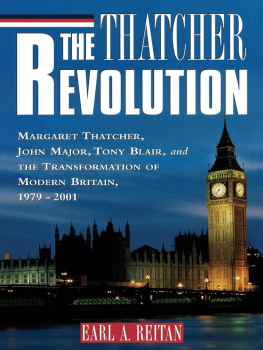T HE I MPORTANCE OF B EING A WKWARD

The Autobiography of Tam Dalyell

This eBook edition published in 2012 by
Birlinn Limited
West Newington House
Newington Road
Edinburgh
EH9 1QS
www.birlinn.co.uk
This edition first published in 2012 by Birlinn Ltd
Copyright Tam Dalyell, 2012
Foreword copyright Peter Hennessy, 2011
The moral right of Tam Dalyell to be identified as the author of this work has been asserted by him in accordance with the Copyright, Designs and Patents Act 1988
All rights reserved. No part of this publication may be reproduced, stored or transmitted in any form without the express written permission of the publisher.
ISBN: 978-1-78027-089-0
eBook ISBN: 978-0-85790-075-3
British Library Cataloguing-in-Publication Data
A catalogue record for this book is available from the British Library
To the men and women of West Lothian Labour, SNP, Conservative, Liberal, Communist who, whatever their political opinions, were kind to me in all sorts of ways over 43 years as their representative in the House of Commons

List of Illustrations

Acknowledgements
In 2006, West Lothian Council won the coveted title of UK Council of the Year. I was not in the least surprised; over four decades I wrote countless letters on behalf of constituents to their highly professional and ever helpful officials. I record my gratitude here to generations of Local Government officers.
For my first six weeks as an MP, I was under the impression I had to raise any problem a constituent brought to me with the relevant Junior Minister. Then the penny dropped. The Ministers office sought advice from their local office manager. Between July 1962 and March 2005 I went direct to office managers countless times, and I would like to thank them all for their unfailing co-operation and candour.
Without the care of the Richmond medical practice in Boness, and the medical expertise of the staff of St Johns Hospital, Livingston and the Royal Infirmary of Edinburgh, my wife, Kathleen, would not have been here to make her crucial contribution to the book, and I, at the age of almost 80, would not have had the energy to put pen to paper. I would like to express my gratitude to them all.
I would also like to thank friends and mentors, too innumerable to name, who, over a long public life, have educated and supported me. And, indeed, I owe thanks also to my enemies also too numerous to mention by name who have taught me much that I needed to learn.
The gift of our home, the House of the Binns, its collections and parkland, under the Country Scheme in 1944 could easily have caused friction between the National Trust for Scotland and the family. I would like to thank successive generations of those committed to the vision of the Trust within the organisation, who have worked in partnership with us, successfully, over two-thirds of a century, for their friendship and their tolerance of a controversial issues-politician, and all those who have worked and supported the family at The Binns.
Hugh Andrew, proprietor of Birlinn Ltd, conceived the book and its title. Andrew Simmons, also of Birlinn, guided the book through the editorial process and was a delight to work with. David Torrance, author of The Scottish Secretaries and biographer of Alex Salmond, made countless invaluable editorial suggestions. Patricia Marshall copy-edited the book with meticulous attention to detail. Kenny Redpath and Jan Rutherford of Birlinn performed vital duties. I would like to thank them all.
I would also like to thank my son, Gordon, and his wife, Dr Pamela Leslie, and our daughter, Moira, and husband, Ian Shearer, for their support in a myriad of different ways.
Finally, Kathleen knows more about the Dalyell family history than I do. As a member successively of the Historic Scotland Buildings Council, the Ancient Monuments Board, the Royal Fine Art Commission of Scotland and latterly as Chairman for five years of the Royal Commission on the Ancient and Historical Monuments of Scotland, she was uniquely placed to make a contribution of paramount importance which she did. Not only did she type the whole script, but her skill as a worsdsmith secured many improvements. Quite simply, without her, The Importance of Being Awkward would never have seen the light of day.
T AM D ALYELL
The House of the Binns
West Lothian
June 2011

Introduction to the Paperback Edition
As I approach my eightieth birthday, inevitably, I reassess the number and range of causes which commanded passions. Some have receded as the world has moved on, others remain. Of those that remain, one issue is currently dwarfing all others the preservation of the union between Scotland and England. It is in peril as never before.
It is but human to bristle, when one is at the receiving end of I told you so, and, certainly fewer attitudes are more calculated to irritate politicians than to have it rammed down their throats that one of their colleagues, about whose views they tended to be dismissive, turned out to be right after all. But 35 years later, it does indeed look possible that devolution and the establishment of an assembly in Edinburgh was the entry point on a Motorway without Exit to something indistinguishable from a separate Scottish state. A situation, not very different from that of the time of writing in June 2012, was foreseeable and foreseen, predictable and predicted by me in 197879. Where I was wrong was on the time-scale; I thought that we would arrive at the present situation in half the number of years.
Those who rammed the legislation to creating a Scottish parliament, through the House of Commons, envisaged eternal Labour rule in Scotland. I did not. Sooner or later, I thought it inevitable that the Scottish electorate would opt for a change of government. I was therefore not in the least astonished when the SNP gained a toe-hold of power in 2006, and outright victory four years later.
It would be churlish not to concede that the SNP can claim to have a mandate for a referendum on independence (though this might well be legally disputable, if a study is made of the Westminster legislation pertaining to devolution). If the outcome of the referendum is to be accepted, it must surely be organised and conducted by the Electoral Commission, as impartial a body as it is possible to achieve and not by any organisation that could be perceived to have a vested interest in the outcome.
But it is worth considering as to why the SNP gained what I predicted months before their generally unexpected clear-cut victory in 2010. It was about the Iraq fiasco, and associated deceit. It was about Afghanistan. It was about perceptions of MPs expenses, in most cases though not all unfair. It was about rising youth unemployment. It was about Alex Salmond seeming to have the edge on the Scottish Labour leader, Iain Gray, a decent and honourable man. It was about Scottish-based journalists, in fierce competition for arresting copy, perceiving that the story was a triumph for the SNP. The SNP victory did not owe much in the popular vote to considerations of the future constitutional arrangements of the United Kingdom; it owed far more to the feeling that Alex Salmond having cannily conducted affairs in Scotland deserved a second term.
Next page
